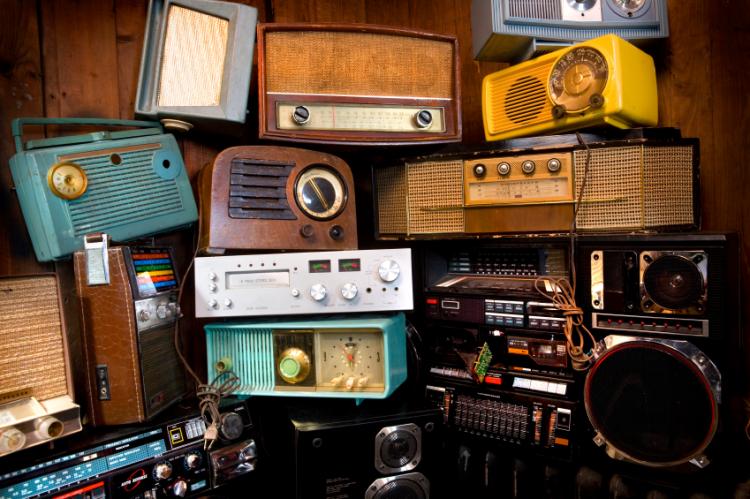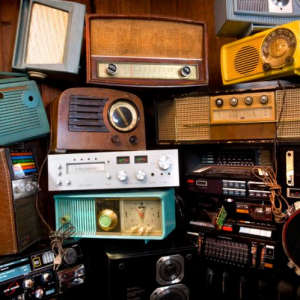

Tim Davie, BBC director-general, has confirmed that he plans to keep “all the local radio services” as the corporation implements cost-saving measures.
The broadcaster has been reassessing its priorities over the last year as it seeks to make US$540 million of savings after coming under financial strain due to the frozen licence fee and rising inflation.
The proposed plans for local radio stations to share more content and transmit fewer programmes unique to their areas resulted in BBC local journalists taking strike action last year.
Recently, the BBC boss addressed questions by the Commons Public Accounts Committee (PAC) about the future of its radio and TV services while he provided an update on the corporation’s plans to spend at least an extra US$757 million outside London between March 2021 and March 2028 to “strengthen” UK delivery.
Mr Davie said: “We are keeping all local radio services, all of them. We’re keeping all the breakfast shows.
“Local radio is precious, and I don’t want to go backwards on that. We’re doing all we can to protect that.
“But the idea that we’re the only company in the media world that doesn’t offer our services online is wrong, and that’s where we’ve tried to get the balance right.”
Among the other cost-saving measures, several World Service TV and radio broadcast services were moved online, and some domestic and global news channels were merged.
Mr Davie acknowledged that the changes to local radio had “not been easy” on the stations and listeners but added that these were “the choices we have to make”.
Another of the corporation’s plans had been to move the BBC Concert Orchestra outside of London, which would have transferred US$24 million in spending outside the capital, but the corporation backtracked on this in June, according to a report by the National Audit Office.
Speaking on the decision, Mr Davie said: “If you forecast every change early on when you started the programme, you’re going to hit one or two areas where you can’t deliver …
The BBC is creating new music studios, due to open in Stratford East Bank in London in 2025, which will host music sessions for the broadcaster.
He added: “We are now looking at what other things we can do in the field of audio to fill that gap, and we’re confident we can do it.”










